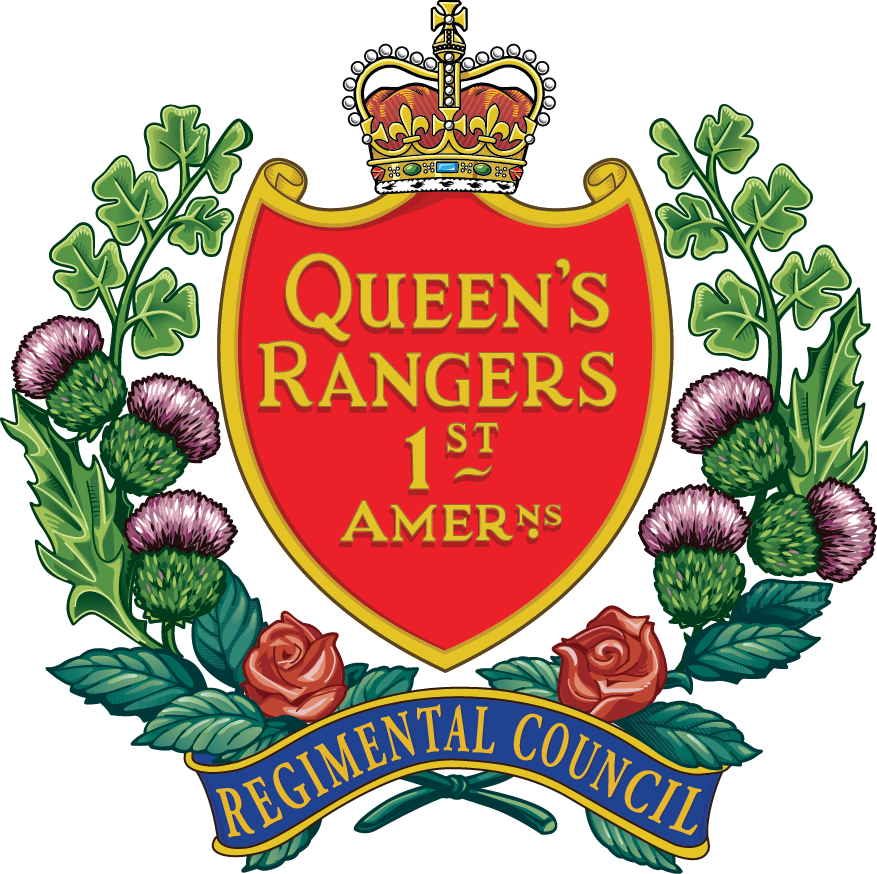Tinker, Tailor, Soldier ......
/My grandfather was a tinker and my mom was a seamstress so it just seemed natural for me to become a soldier. I’ll bet that you had no idea that John le Carré got his idea for his blockbuster novel from me . . . but I digress. Today we look at an ancient democratic tradition: the citizen soldier.
Historically speaking, standing professional armies are very modern creations. We take for granted that men and women who wish to be professional soldiers simply choose to do so. It was not always thus. For most of human history, soldiers were citizens who answered the call of duty and went to battle under their local captains. Training was rudimentary if it occurred at all and many went into battle armed with whatever they had at hand, be it pitchfork, hammer or club. If they survived, they returned to their trades.
Modern militaries trace their roots to Medieval Europe and the concept of feudalism. Lords pledged their allegiance to their liege for their lands; in turn the tenant farmers and tradesmen pledged themselves to these lords. Based on their class at birth some young men trained to become knights – professional warriors. They were few and when war came the lords would call upon their pledged knights, tenants and retainers. All would rally to the army of their king. Eventually this system threatened to destroy society; if wars lasted too long or were too destructive society could lose all of the stonemasons, carpenters or bakers. Worse, no one would be left to raise crops to feed society. Thus rose the concept of professional soldier who would hire himself to a lord for a given period. The most famous of these were the Italian Condottieri (stemming from the Latin term for contract) and of course the Swiss (the Pope still pays Switzerland for his personal bodyguard!).
Rulers soon realized that troops who were loyal to a captain (who was loyal only to his own profit) were not the best soldiers to defend their state. Standing armies were born. But this idea had its flaws. Professional soldiers were loyal to their king and not to the people. Those pesky American colonists rising up against their king in 1776 saw citizens take up arms against these professional soldiers but the true watershed came a decade later (1789) with the French Revolution and the leveé en masse. Every French citizen was a soldier and every soldier was loyal not to the leader but to the state itself; the true citizen-army was born.
Today’s Militia soldier continues in this tradition. He or she is sworn to serve in a unit – but only part-time. They are citizens first and soldiers second. The immense dedication that such a commitment calls for too often goes unrecognized. Remember, these men and women have full-time jobs in stores, banks, schools and factories. Like everyone else, they are pursuing careers, working shifts, raising families and attending school. But in addition to this “normal” life, they have sworn to report to their units one night a week, one or two weekends a month and several weeks per year for major training exercises. They attend training, go on courses and many even temporarily suspend their “normal” lives to volunteer for overseas duties and even wars like Afghanistan. Most important, they do this voluntarily. True, they are paid but these Canadians are true role models for our youth. Unlike Condottieri they are not in it for money.
These men and women understand that their rights and freedoms as citizens are not free, that they must be safeguarded. The Regular standing armed forces are not large enough to do it all; they depend upon their brothers and sisters in arms in times of need and these Militia soldiers have pledged to rally to them in time of need. It takes dedication, commitment and personal sacrifice. These men and women are twice professionals: they work as other Canadians but they also train, serve and even die shoulder to shoulder with the professional soldiers.
To paraphrase Ernest Hemingway, do not ask for whom they stand on guard; they stand on guard for thee.

